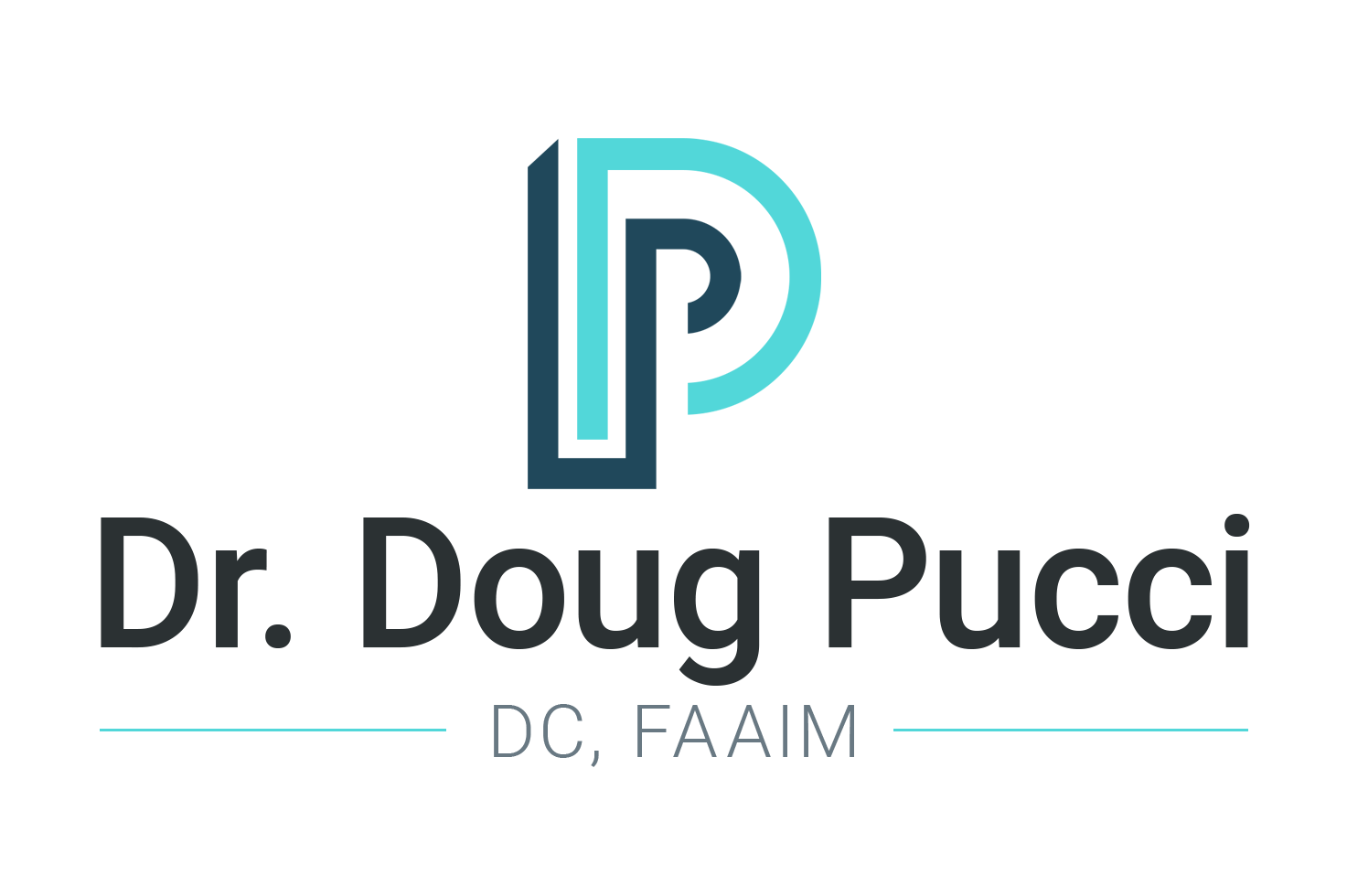Is Thyroid at the Root of Anxiety, Panic & High Blood Pressure? New research into the thyroid-heart connection yields results for reversing hypertension
As people begin letting go of the idea of “hustle culture” and start embracing a simple, slower lifestyle, the topic of “How are you feeling?” has naturally come up. This doesn’t mean something is wrong, but the more often you can connect to it without feeling panicked about the answer, the less stressed and anxious you will feel overall.
You may not automatically connect thyroid and heart issues, but here are a few of the problems with overactive thyroid.
- worsening of existing heart issues
- atrial fibrillation
- increased risk of stroke
- congestive heart failure
- blood pressure irregularities
Your heart is a muscle that requires oxygen to work; it receives oxygen through coronary arteries. For a patient with hyperthyroidism, increased levels of thyroxine released from the thyroid gland further stimulate the heart to beat quicker and harder.
Medical Approach to Thyroid
Mainstream medicine is primarily concerned with overactive thyroid. Is your rapid heart beat caused by overactive thyroid, and a result of a thyroid “storm”?
A thyroid storm is an overrelease of thyroid stimulating hormone.
An initial influx of elevated thyroxine may produce a fast heart rate called tachycardia, in which the heart rate is 100 beats or more per minute. In some patients, prolonged stimulation of the heart may cause palpitations or an irregular heartbeat (atrial fibrillation). This is considered to be the most common and dangerous cardiac risk caused by an overactive thyroid. Functionally speaking, the electrical impulses have formed a short circuit within the atria, causing partial or poorly coordinated atrial contractions.
The autoimmune expression of a thyroid storm is called Grave’s Disease.
Hypertension, Grave’s and Low TSH (Differentials)
Prolonged and irregular stimulation such as this can cause some increase in blood pressure, which is called systolic hypertension. The diastolic blood pressure—the lower of the two blood pressure numbers—is not normally increased. The increased contraction of the heart with increased cardiac output causes a pulse that is easily felt at the wrist and contributes to warm, sweaty hands.
Hyperactive thyroid shows up on a blood test as a pathologically low TSH marker, typically below 0.05 on a blood test.
A cardiologist might run this marker or refer to an endocrinologist to rule out any kind of “thyroid storm”.
For patients with Grave’s Disease, the thyroid will typically be removed and caused to stop releasing hormones.
Low Thyroid Function (Hypothyroidism)
Symptoms and signs of a underactive thyroid gland tend to be the opposite of those mentioned above, and can develop at any age (often in menopause). Common symptoms primarily consist of a slow heart rate and low blood pressure, and include the following:
- constipation
- poor blood flow
- lightheadedness or dizziness upon standing
- fluid retention
- low energy and fatigue
Prolonged hypothyroidism causes metabolic changes in the body and can affect heart health.
Hypothyroidism & Heart Health
While a lot of attention over the years has been given to cholesterol as a root cause deteriorating heart health, recent research has been examining vasculature & blood pressure itself.
A functional medicine approach to heart disease is going to look at a common, often overlooked symptom such as hypertension and examine what could be done differently. Like diabetes, patients with hypertension take a daily medication believing that’s all they need to improve their health when in fact, all they are doing is masking a symptom. So a functional doctor might consider reversing elevated blood pressure by examining what we know about the heart’s vasculature and how we might use cellular nutrition, for instance, to nourish and strengthen it.
What we know is that the body uses nitric oxide to stimulate blood vessels to expand and contract, keeping blood pressure in check. Both men and women with poor circulation or a history of thyroid or heart disease (including many common symptoms like high blood pressure and elevated cholesterol) are often deficient in the critical molecule nitric oxide. Precursors for the synthesis of nitric oxide include dietary amino acids such as L-arginine, ornithine, and citrulline. The right balance has been shown to stimulate growth hormones for anti-aging benefits, improve insulin sensitivity to help normalize blood sugar, and increase fertility and pleasure sensation by stimulating oxygenation and blood flow.
By the same token, functional medicine looks beyond the presenting symptoms for thyroid disorders and heart disease to examine what could be done to reverse the course, avoid medications, and even improve performance. In the case of thyroid disorders, comprehensive lab testing goes beyond that of conventional medicine, which typically tests for TSH and T4 only; they are ruling out a hyperactive thyroid problem such as Grave’s Disease when in fact, a majority of patients suffer the opposite. As such, functional medicine testing includes a complete panel with TSH, T4, T3 and reverse T3, along with others. Because health issues don’t exist in isolation and many factors can affect a person’s health, a holistic—or whole person—approach is taken to pinpoint areas of concern.








